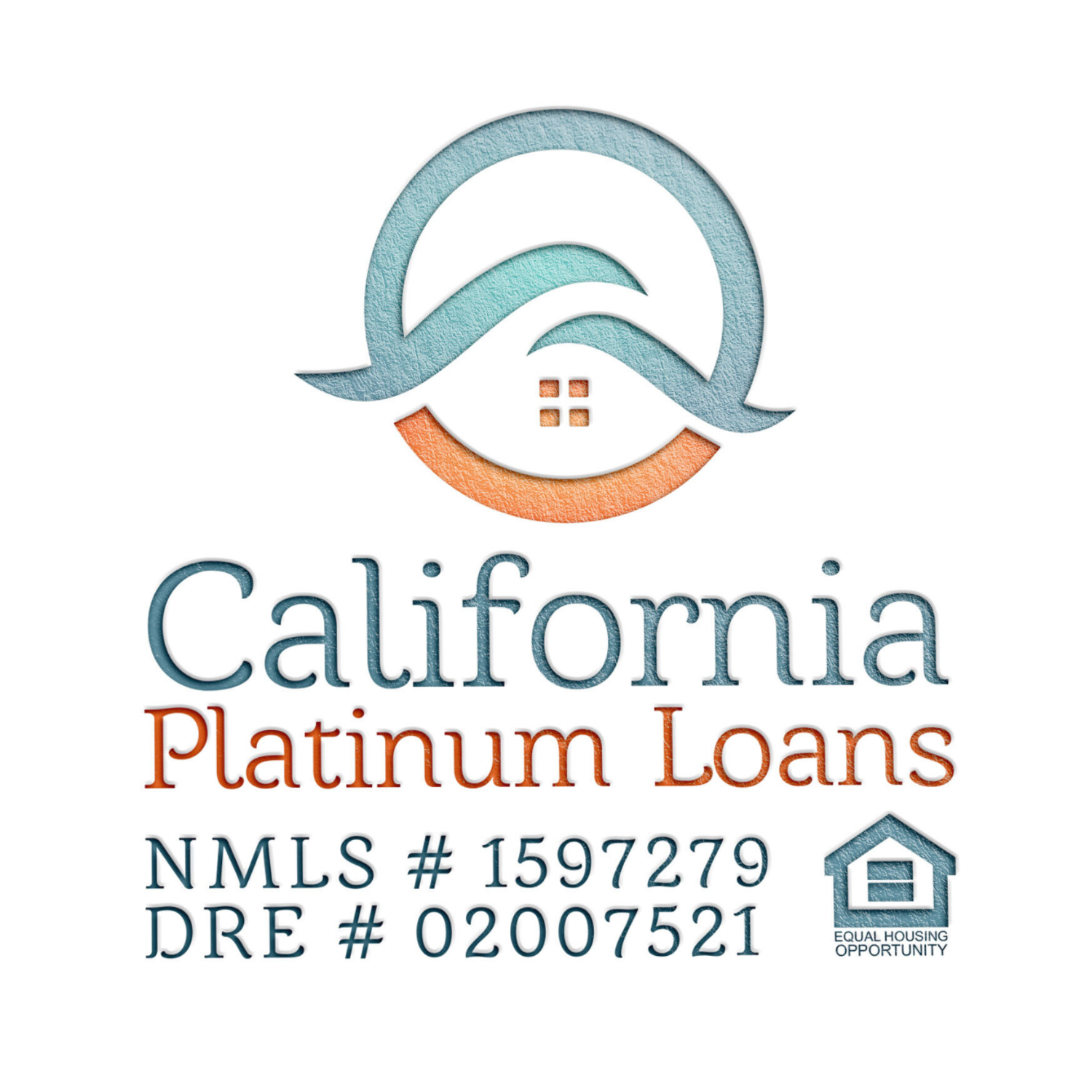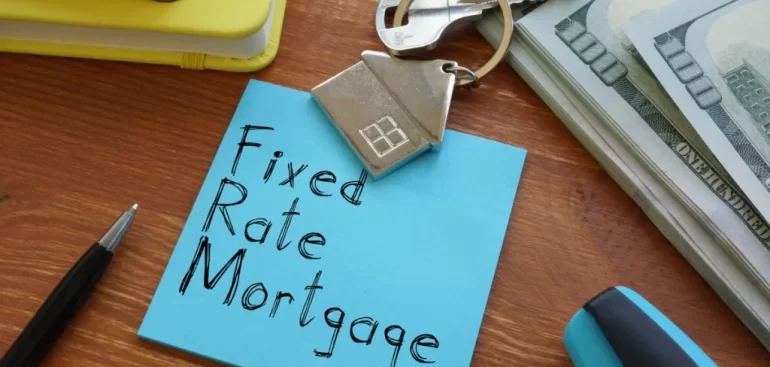Average mortgage rates might not determine the 30-year fixed rate or 15-year fixed-rate home loan you will get, but they can let help you decide how to plan for buying a home or help you get the best home you can buy. In October 2019, Freddie Mac, the Federal Home Loan Mortgage Corporation, announced that the average 30-year fixed-rate mortgage for the past 12 months was 3.65%. What does this mean? 3.65% is a low mortgage interest rate. In 1970, the New York Times reported that the average 30-year fixed-rate mortgage was 8.5%. Mortgage rates even went up to 18.63% in 1981. In recent years, the lowest level was 3.31% in 2012.
Most experts are predicting that home mortgage rates, whether for 30-year fixed-rate or 15-year fixed-rate home loans, are going to be similar or lower in 2020. What does this mean? You can plan to buy a home in 2020, and you’ll be likely to get a low-interest rate. Fannie Mae, the “sister” agency to Freddie Mac, predicts that 2020’s average 30-year fixed-rate mortgage interest will be about 3.4%.
What is influencing mortgage rates?
When U.S. Treasury certificates yield low-interest rates, mortgage interest rates tend to also stay low. The number of loans also influences future mortgage rates. Refinances in 2019 increased 133% between 2018 and 2019. The trend is expected to continue into 2020 supporting ongoing lower mortgage interest rates. After ongoing housing price increases starting in 2013, housing price increases are beginning to slow, but they’re not stopping. Finally, new housing construction is continuing. Ongoing new construction supports mortgage availability.
As a result, most experts are predicting that 30-year fixed-rate and 15-year fixed-rate home mortgages will be at similar low-interest rates throughout at least the first two quarters of 2020. Yet another reason why you should work with a qualified mortgage broker to help you get the best possible 30-year fixed rate or 15-year fixed-rate home loan.
Sources
https://www.nytimes.com/1981/04/28/business/mortgage-rate-at-8.5-in-1970.html



